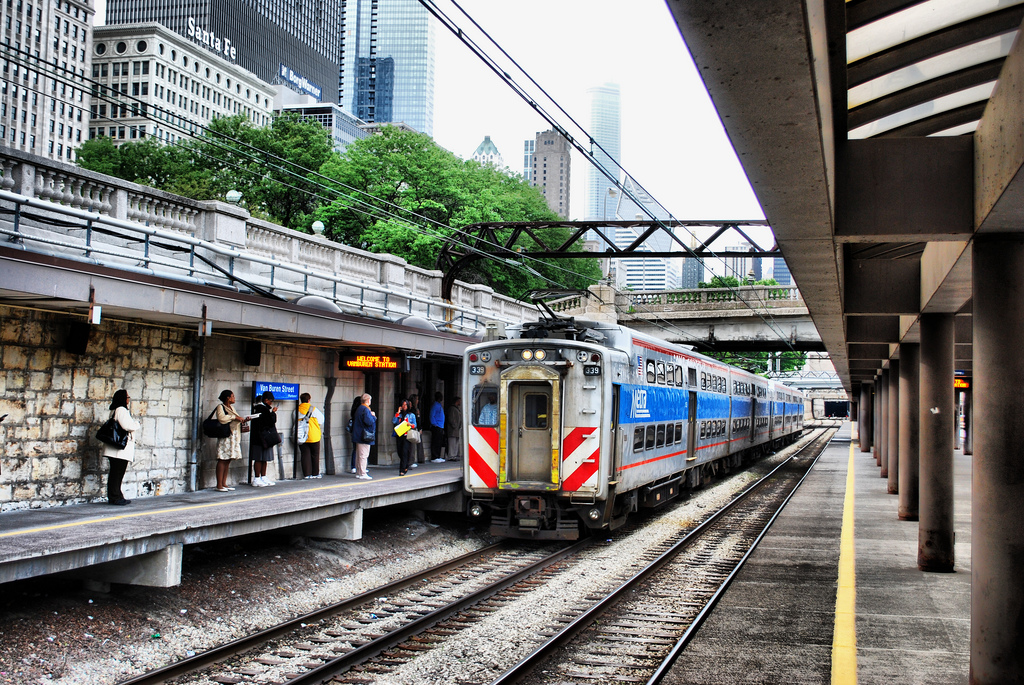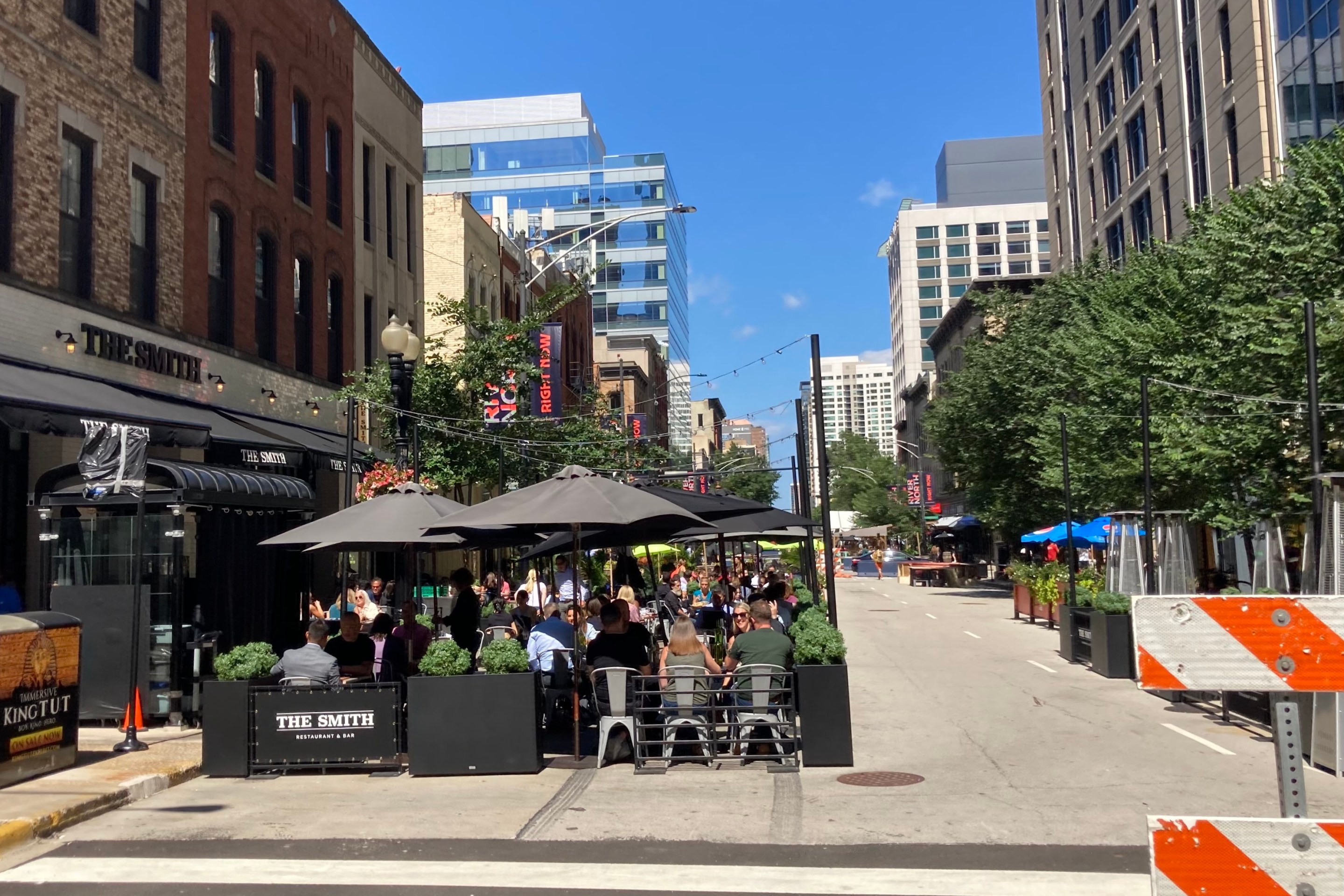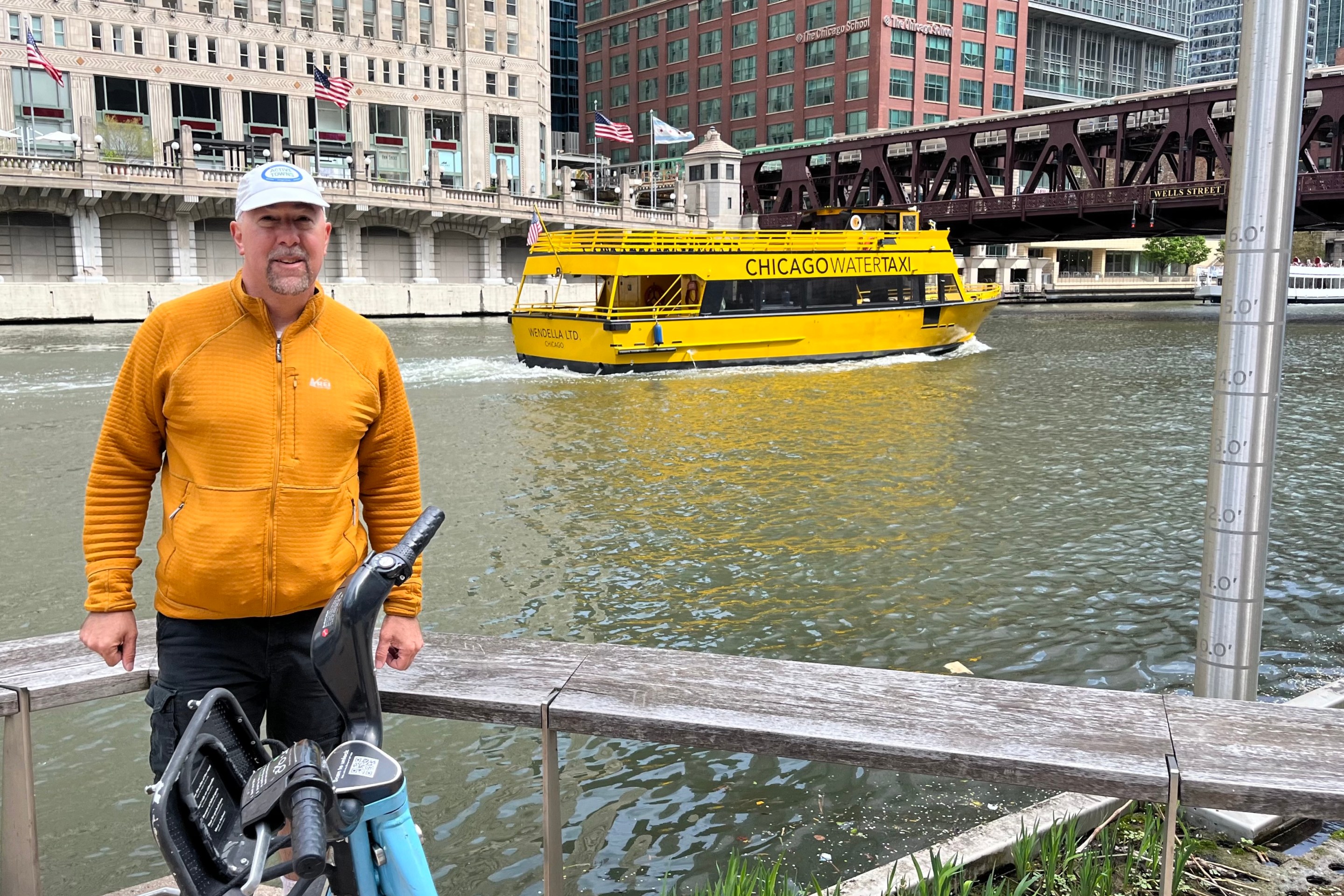Metra has proposed sweeping schedule changes on the Electric District services that will increase service to one neighborhood, decrease service to other neighborhoods, and fully eliminate weekend service on the Blue Island branch.
The Metra board proposed these service changes at its monthly meeting yesterday, based on recommendations on staff to adjust service based on new housing construction in Hyde Park, and dropping ridership at stations on the line outside of Hyde Park.
In summary, Metra has proposed to:
- Increase the number of trains between downtown Chicago and Hyde Park between weekday rush hour periods
- Reduce service on Saturday on the main line and all branches
- Run hourly service between 75th Street and 111th Street on the main line where trains stop every other hour
- Reduce service on the South Chicago and Blue Island branches
- Eliminate Saturday service on the Blue Island branch. The Blue Island Branch has no Sunday service.
Additionally, one train run on the mainline would be eliminated, and the schedules of runs before and after would be adjusted, to better spread out runs in the schedule.
The decrease in service on the Blue Island branch would also affect residents of West Pullman and Morgan Park. On a dedicated webpage describing the services, Metra said that these residents are served by Rock Island trains and CTA and Pace buses.
The decrease in service on the South Chicago branch would greatly affect residents of South Shore and South Chicago, as well as residents of Calumet Heights and East Side. Metra's webpage said these residents are served by CTA buses, shown on a new map.
The reason for the decreases on those branches – there will be nine fewer trains in each direction on each branch – is due to train runs that "carry only one to two customers per day."
Metra's webpage said falling ridership is the impetus for the service changes, stating, "Ridership on the Metra Electric Line has declined nearly 14 percent over the past six years, down 1.4 million passenger trips or 61 percent of the total decline in ridership systemwide since 2011."
One reason for low ridership, despite new train cars and "[the] most scheduled trains on our system," which CEO Don Orseno was quoted as saying on the webpage, is that Metra fares cost vastly more than CTA and Pace fares for the same distance.
A person traveling from the South Shore commercial district to downtown would pay $4.00 for a one-way ticket on Metra, or $2.00-2.25 on CTA. Since Metra doesn't have transfer discounts, nor through service, then the rider would have to pay for a second fare to ride a different Metra line or a CTA route. A Metra ticket from the city of Blue Island is $6.00 each way, and there are no transfers.
For Metra, this looks like a rational fare policy: charge a higher fare for a higher travel distance. For regional mobility this is irrational because it causes riders to avoid some routes altogether, and bring about these kinds of service change proposals in the light of declining ridership.
The Metra Electric District's rapid transit-style service combined with distance-based fares appears especially illogical when you factor the lack of transfer discounts between regional services from CTA and Pace, and other Metra lines. People who have monthly passes on Metra can buy an add-on to get discounted transfers on CTA and Pace.
Metra seemed to anticipate this point with a response on their FAQ regarding the proposed schedule change. Metra posed the question, "Can you lower fares on the Metra Electric to compete with the CTA?", and the answer "In the interest of fairness to all of Metra’s customers, that’s not an option Metra is likely to pursue. Metra sets fares on a regional basis. If we lowered fares on one of Metra’s lines without lowering them on others, then other customers from across our six-county service area would be subsidizing reduced fares on the Metra Electric."
While that's true, it's also a good rationale to convert – through rebranding – the Electric District to become part of the Chicago Transit Authority. This is essentially the "Gray Line" idea that Mike Payne has been advocating for many years.
The proposed change would arguably be discriminatory because of how it would increase service in a higher-income neighborhood and reduce service in lower-income communities. The median household income of the Hyde Park community area, where three stations would see additional service between rush hour periods, ranges from $23,000 to $102,000, according to Census data. (The tract with a $23,000 median income is mostly populated by college students. Excluding this tract, the low end of the community area's median income range is $37,000.)
In contrast, the median income of the South Chicago community area ranges from $13,000 to $42,000. In South Shore, the median household income ranges from $26,000 to $71,000. In West Pullman, the median household income ranges from $22,000 to $56,000.
Ridership decreases on the Blue Island and South Chicago branches will almost certainly be accelerated after this because there are fewer runs that enable the kind of "walk up" traffic and casual trip making that rapid transit allows. It's possible, but unlikely, that ridership would stay the same: current riders would have to adjust their schedules to board a train that leaves earlier or later if the one they take now is eliminated.
The reduced service will also hamper any efforts to reverse declining populations, change land use patterns to support housing near transit, or otherwise base any turnaround or redevelopment efforts on the availability of high-quality transit.
Metra is hosting four open houses in June. The meetings will be from 4 p.m. to 7 p.m. at:
* June 19 – South Shore Cultural Center, 7059 S. South Shore Drive
* June 20 – Flossmoor Village Hall, 2800 Flossmoor Rd.
* June 21 – Blue Island City Hall, 2434 Vermont St.
* June 22 – Polsky Exchange, University of Chicago, 1452 E. 53rd St., 2nd Floor
Metra is collecting comments via email medschedulerevisions@metrarr.com.



